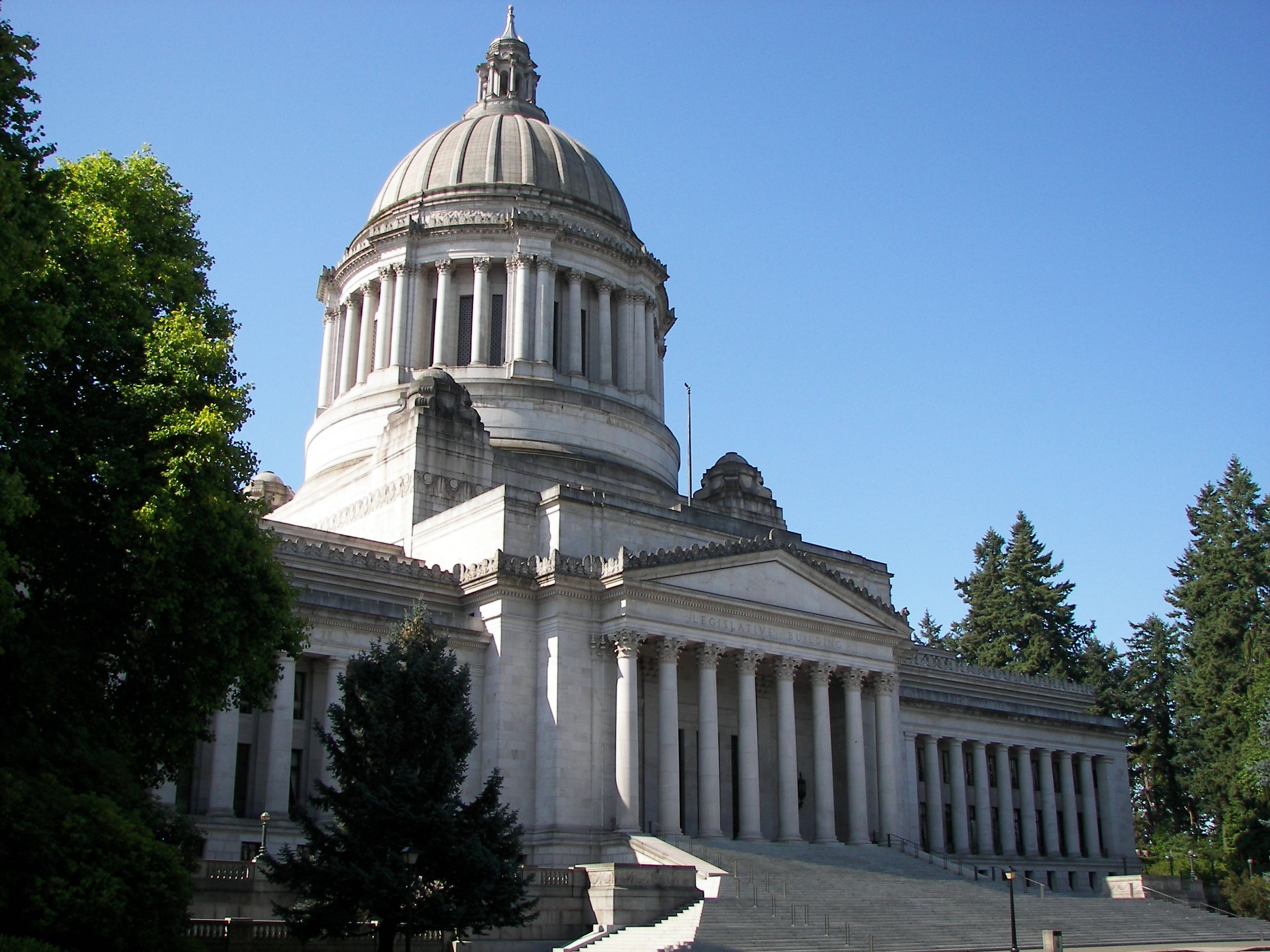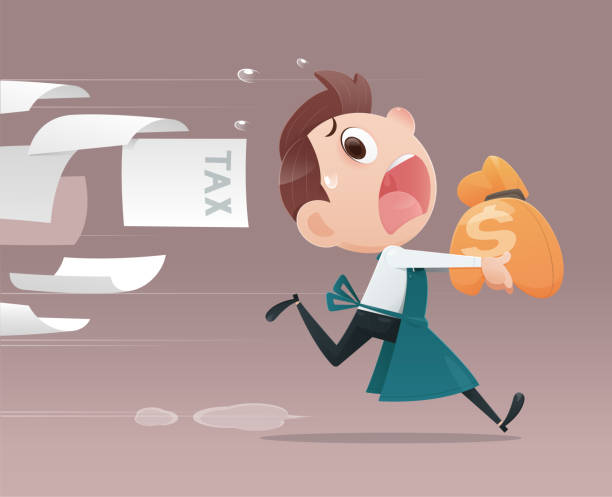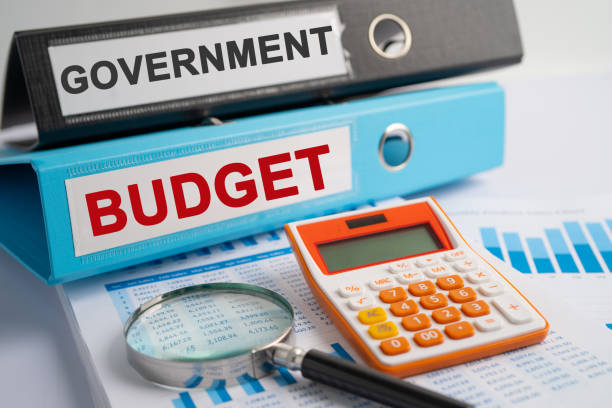With the House and Senate adjourned until the 13th day of the special session (March 22), things are all quiet on the Western Front, too quiet. As we wait for word of a supplemental budget armistice, let's take a moment to reflect on the battle lines that put us into a special session to adopt a supplemental budget.
First, there is no cash deficit forecast and no threat of a government shutdown to complicate the current supplemental budget debate. Instead the budget fight is being focused more on philosophical questions like what is the purpose of a supplemental budget and whether to adhere to the state's renowned 4yr balanced budget requirement. As described by the Tri-City Herald:
Major policy and budget issues are supposed to be hammered out every other year. The second year of a budget cycle, which is this year, historically has been intended for budget tweaks and necessary policy issues.
House Democrats, however, have decided to change the purpose of the short session by trying to significantly alter the budget that took nearly seven months to negotiate last year . . .
Rep. Hans Dunshee, D-Snohomish, lead budget writer for the House, said in an interview on the Washington State’s Public Affairs Network that the numbers being used to limit spending can’t be trusted.
He defended breaking the four-year outlook requirement saying this is the first year it has truly been in effect, and that budgeting out to 2019 is about as accurate “as a coin flip.”
But it is the uncertainty of the state’s economic future that warrants a cautious approach to budgeting.
Describing the purpose of the state's 4yr balanced budget requirement, Kris Johnson, President of AWB writes:
Just because you have money in your pocket today doesn’t mean you are free to spend it all. Some of it – or even most of it – may be spoken for tomorrow.
That was the thinking behind the 2012 law, approved by a bipartisan Legislature and signed by Gov. Chris Gregoire, requiring a four-year balanced state budget. We were the first state in the nation to institute this check on the state budget process, which is designed to be a defense against irresponsible spending.
Many of the legislators who supported the bill in 2012 and helped it pass with strong bipartisan majorities in the House and Senate, are still serving today. But some don’t want to adhere to it, which is one of the reasons the Legislature has gone into yet another special session.
Along with trying to keep the state's budget from being overextended, the 4yr balanced budget requirement has also resulted in (in-part) the state maintaining a strong credit rating. All three of the national bond rating companies cite the need for a healthy budget reserve and the importance of the 4yr balanced budget requirement:
- Fitch: WA's credit rating assumes "continued ability to maintain budget balance and an adequate reserve.” Also from Fitch: “Adding to the challenge, a new statutory requirement mandated that the budget show projected balance over a four-year period rather than just the biennium; Fitch viewed the requirement as a positive credit factor.”
- S&P: ". . . allowing the state's reserve balances to decline precipitously" could result in credit rating decline. Also from S&P: “Strong financial policies and practices, including statutory provisions requiring that the state's biennial budget and projected subsequent two fiscal years' spending plans be balanced . . . legal requirements that Washington enact budgets that not only balance for the current biennium but also project balance through the following biennium help facilitate a structural approach. That, coupled with the state's ongoing discipline vis-à-vis funding its budget reserves, should help insulate the state rating from unexpected economic or revenue weakening.”
- Moody's: "Credit Strengths - Increasing available reserves." Use of one-time funds/reserves could drop rating
Prior to the regular session ending the House's lead budget writer Rep. Dunshee gave an interview to TVW expressing his frustration with the 4yr balanced budget requirement (See here at 8:54), while Sen. Dammeier called it one of the state's most important fiscal tools (See here at 41:11).
So where exactly do the current supplemental budget negotiations stand? Due to the lack of transparency surrounding the various budget offers it is hard to know. This is why we believe, even if we can't be in the room with lawmakers, the budget offers should at least be publicly posted so that everyone can see what is being proposed and what is being assumed in a budget deal. The Senate took a step towards this on the 1st day of the Special Session posting this offer. The last known details about where the House stands is from the budget it voted on February 25. How much closer have the sides come since? We don't know and they aren't making details available.
There are whispers a deal is near with a vote as soon as this week but we've heard this before. Without seeing where each side currently stands it is difficult to know how close they are and what differences are currently keeping the legislature mired in yet another special session.






